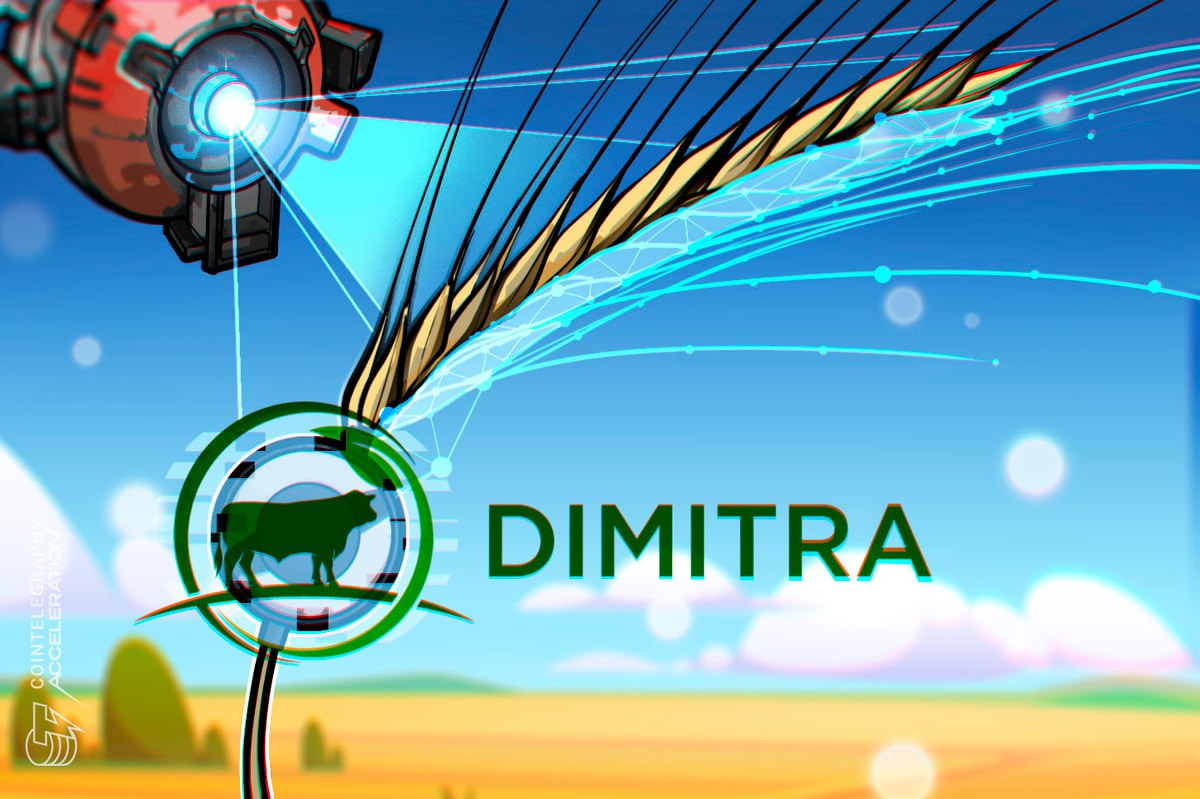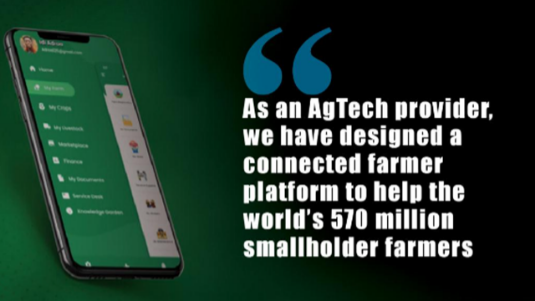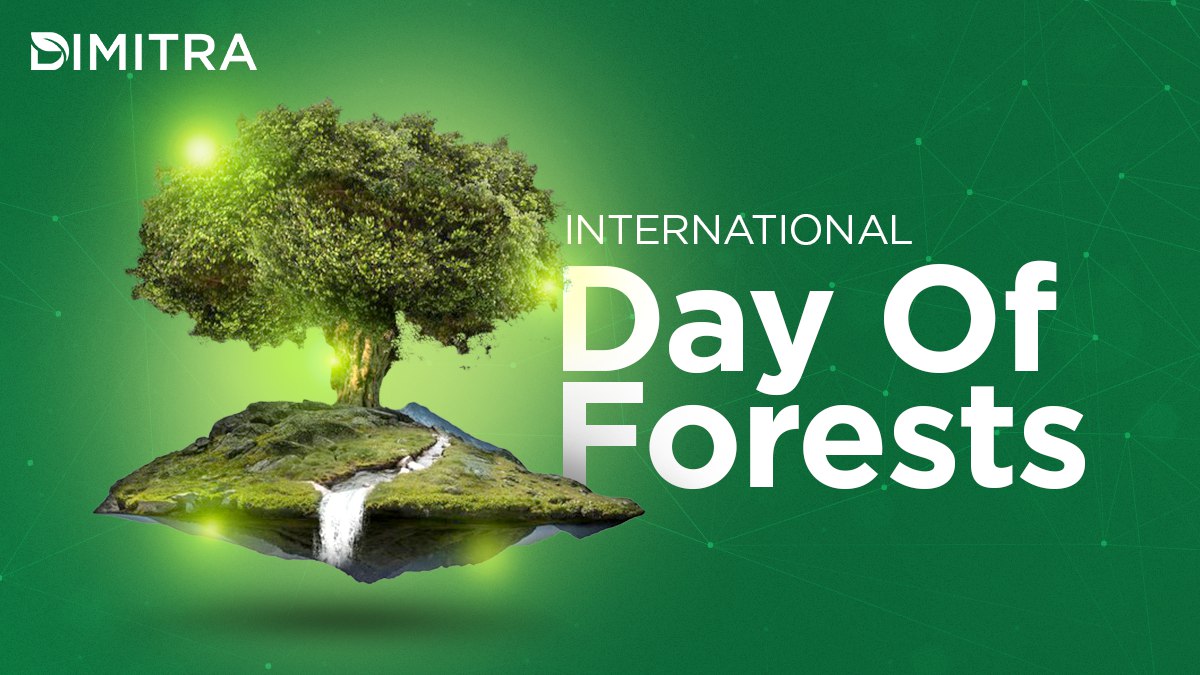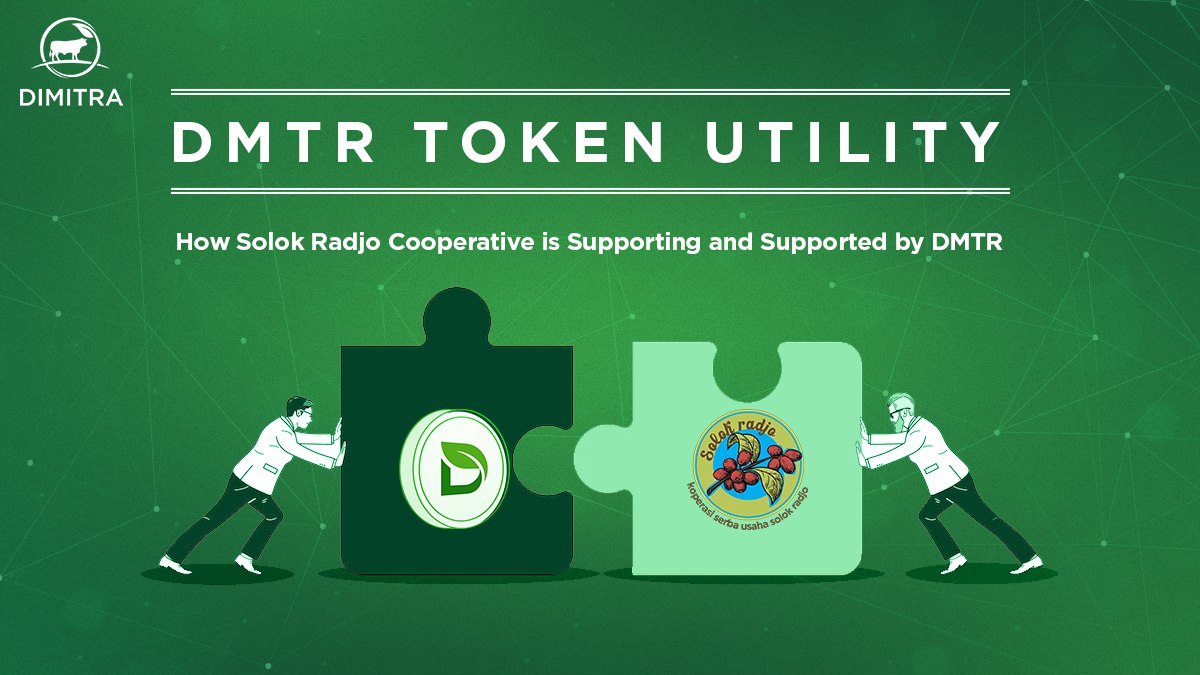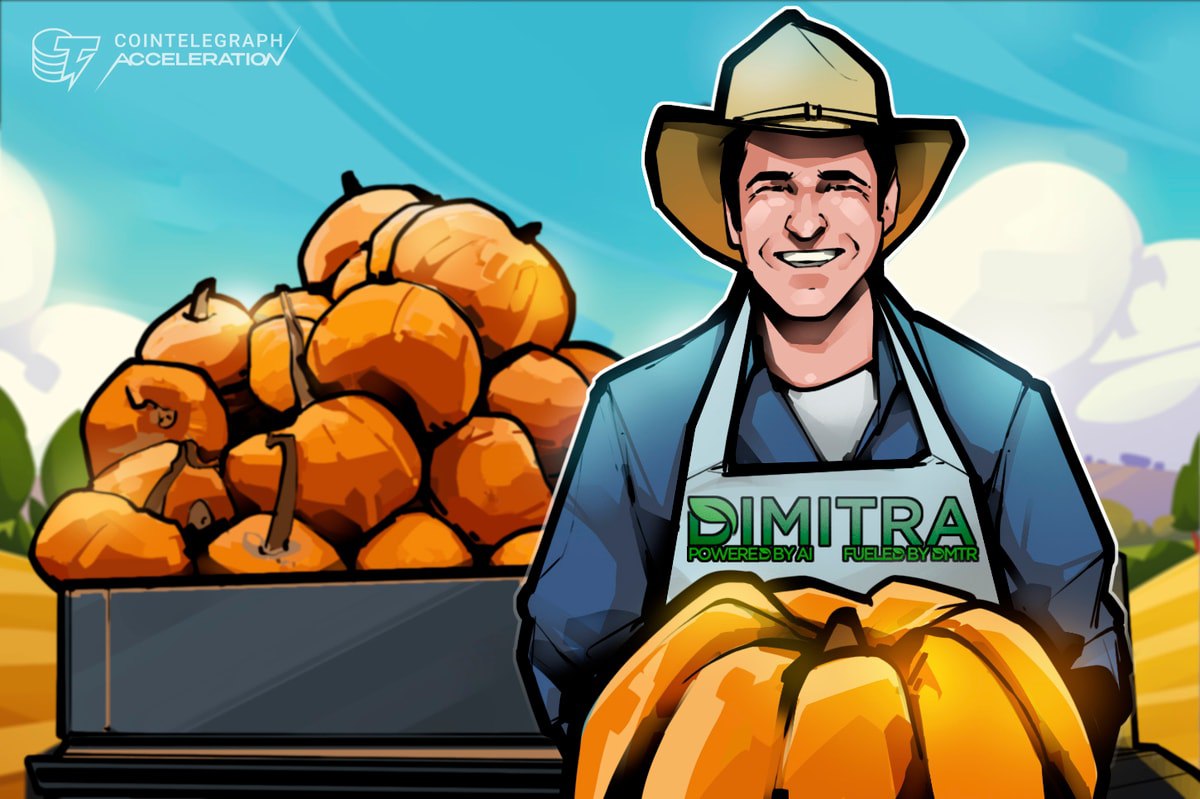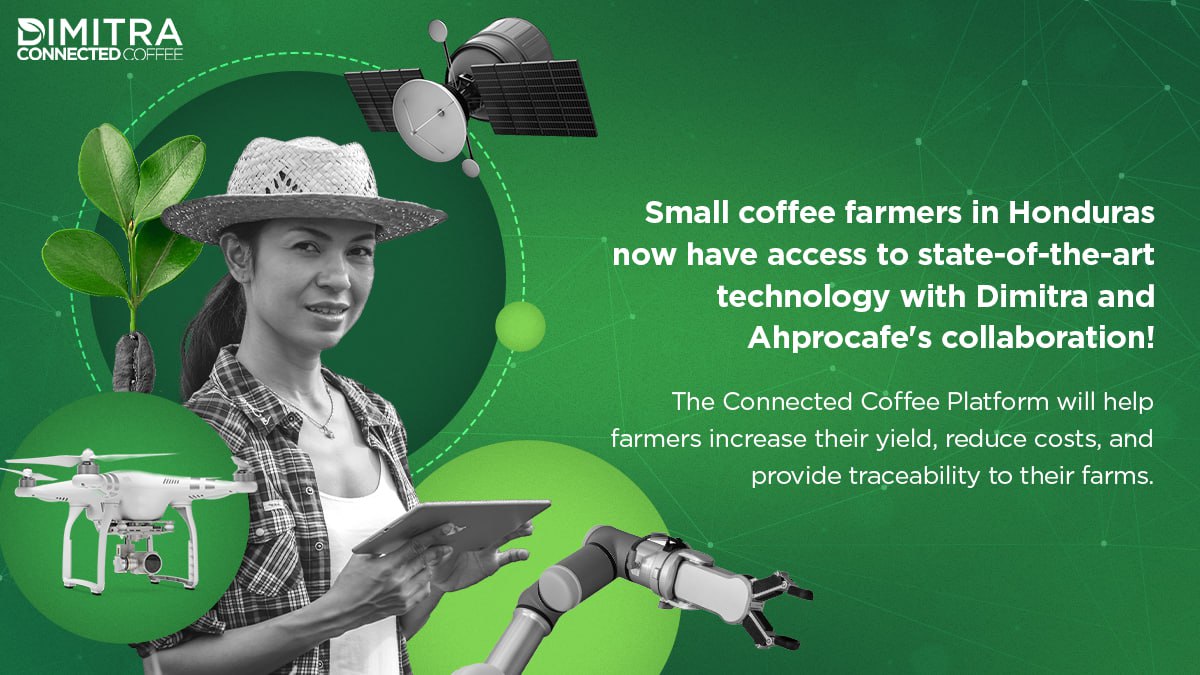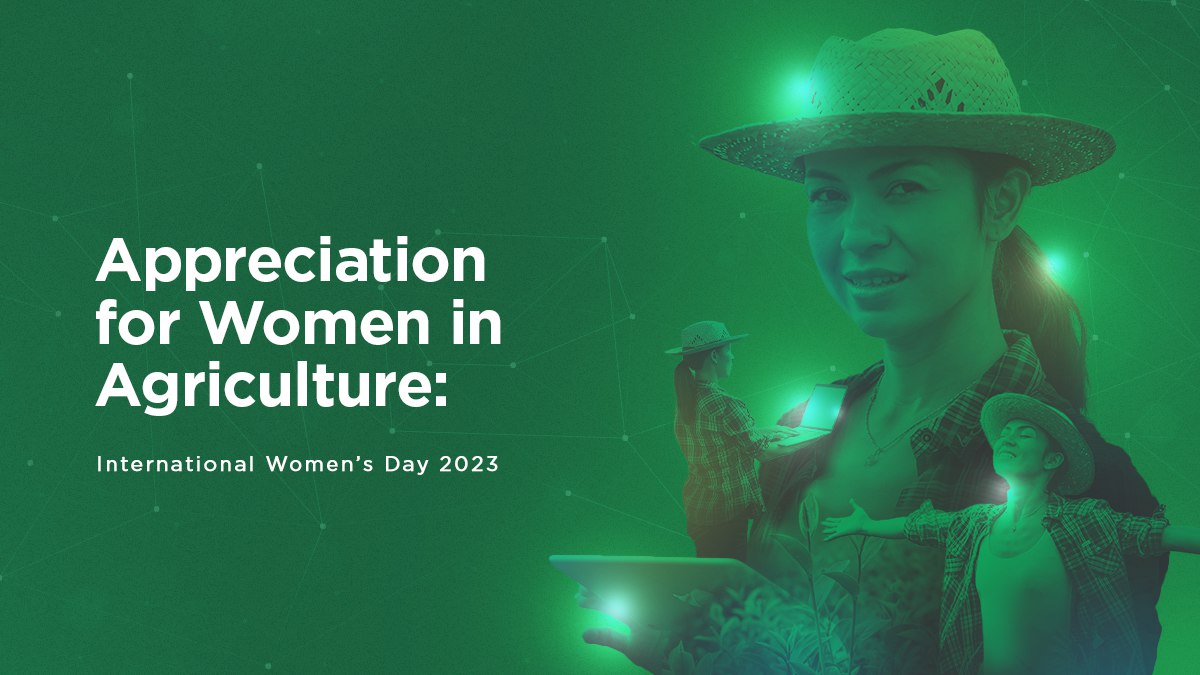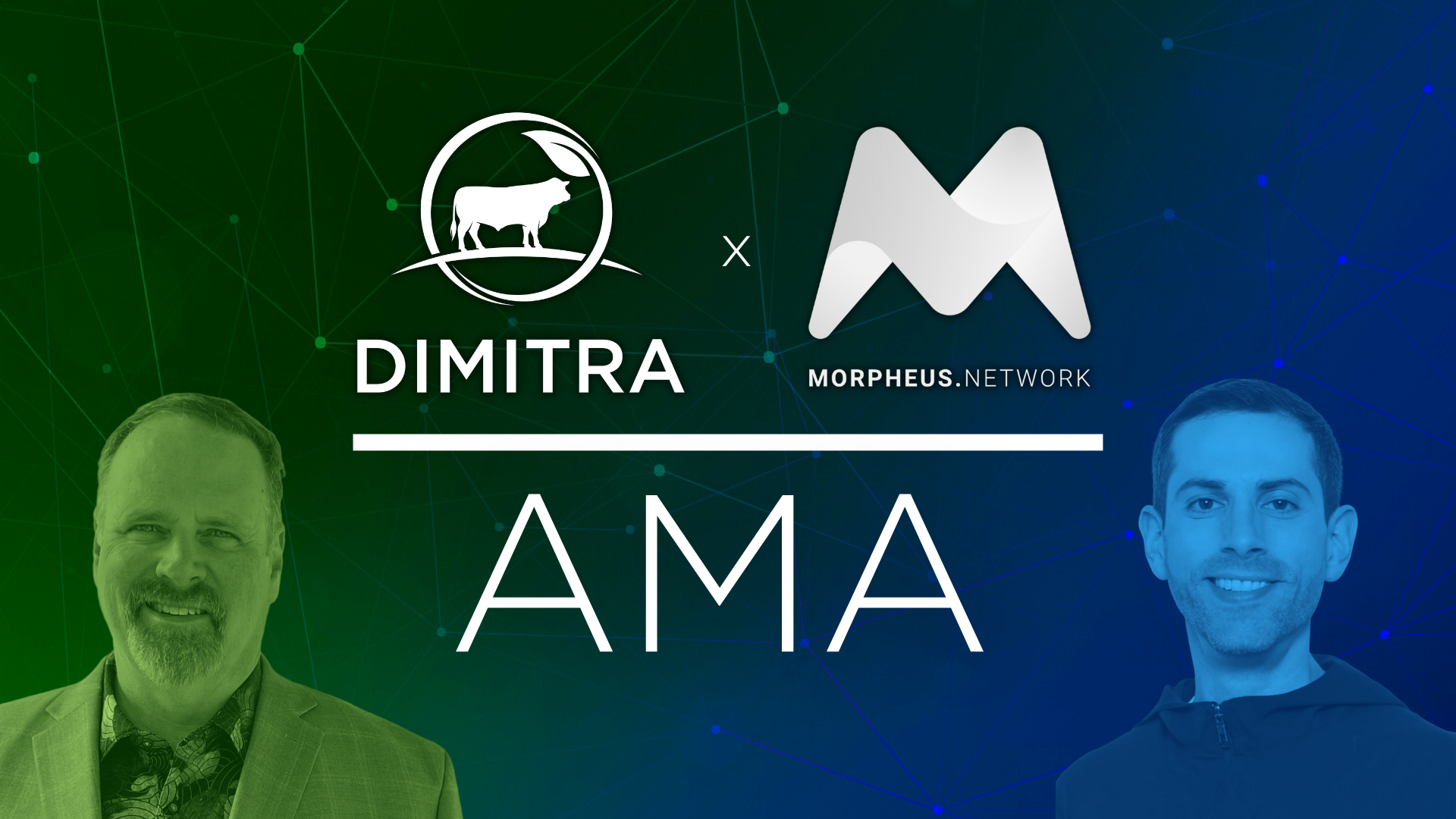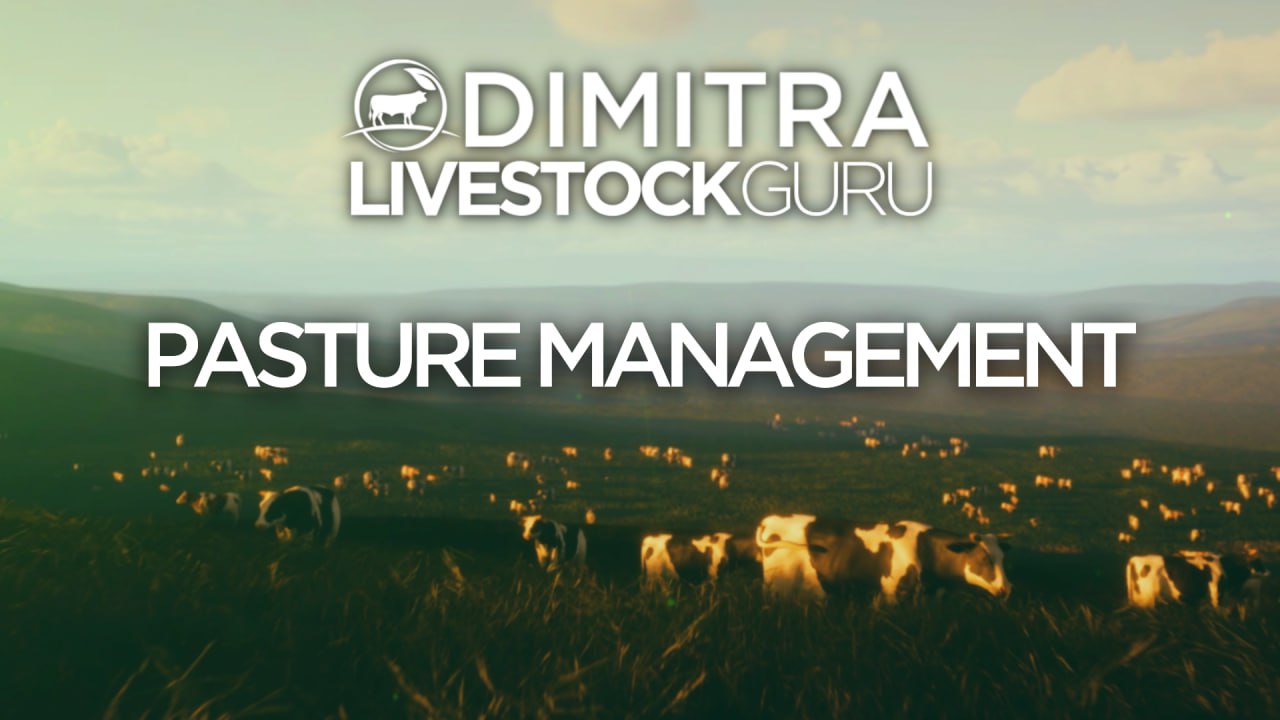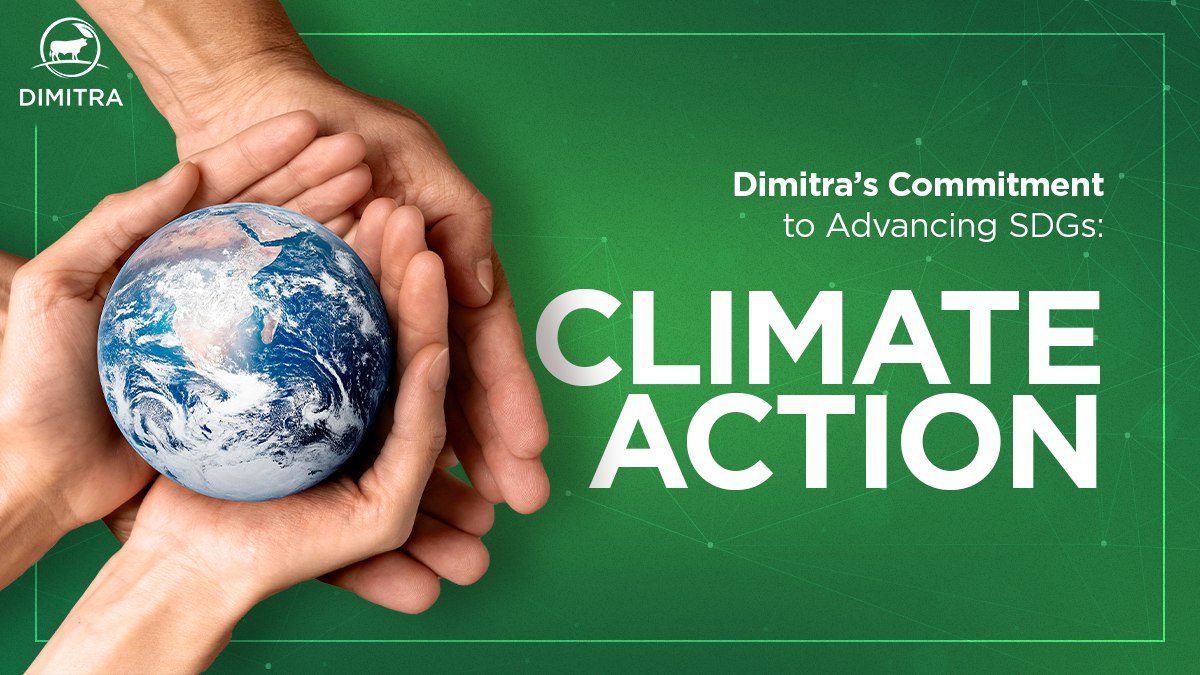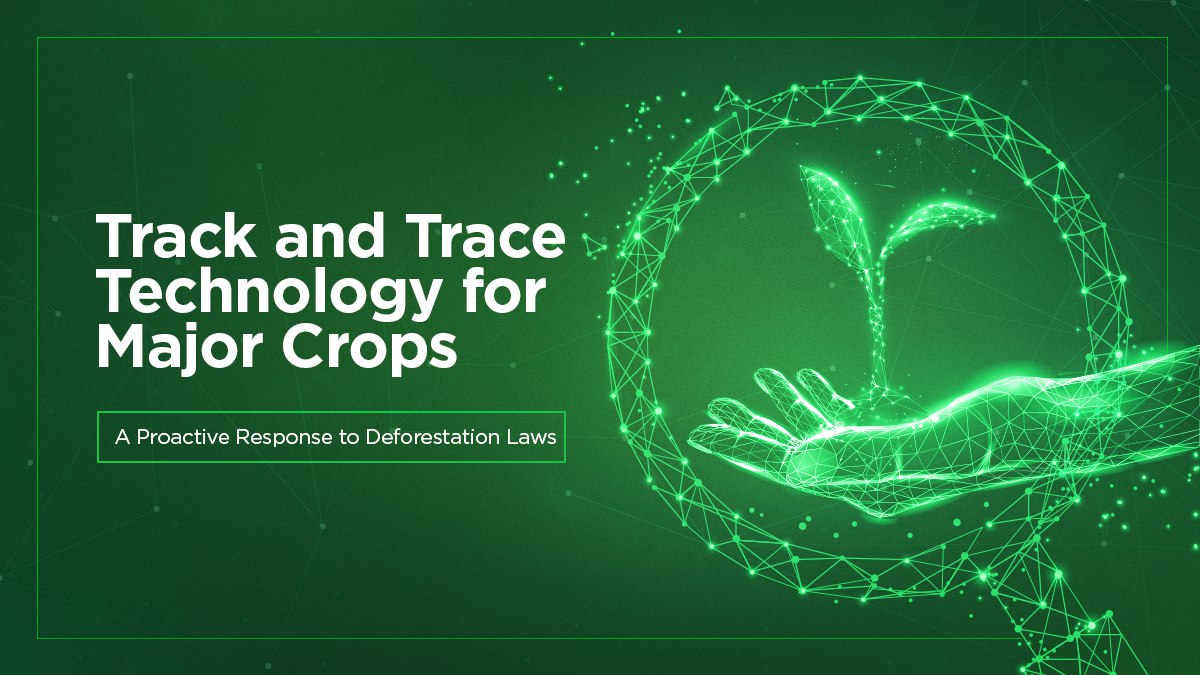Dimitra Track and Trace – More than ever before, consumers and commercial goods traders care about where their food is coming from.
People want to buy products that are ethically grown and fairly made. Brands want to maintain best practices in everything from responsible sourcing to recyclable packaging. As a result, companies are changing business operations to ensure a more positive environmental impact.
Moving forward, many global brands will have no other choice than to meet new, sustainable practices.
In light of the recent European regulations on deforestation, all players in the global food supply chain are reevaluating their everyday practices. But, more importantly, they’re reconstructing existing partnerships with food growers, producers, and distributors.
Here’s a quick recap on the EU deforestation ban:
- Europe will no longer allow major commodities into the country if they’ve been sourced from deforested land past December 31, 2020. Commodities include soybean, coffee, palm oil, rubber, cattle, wood, cocoa, and more.
- Regional farmers, global exporters, and production operators will have a requirement to prove their compliance through due diligence statements, detailed risk assessments, and deforestation certifications that require GPS coordinates and satellite images. Failure to do so will result in fines or a complete ban on the shipment.
- When the law goes into effect, farmers and operators will have 18–24 months to adjust fully.
- Europe is the first to initiate such a law. There is an expectation that other leading countries will soon follow, with 141 countries pledging to reduce deforestation
These measures may seem strict, but they’re long overdue. If the world is to prevent further impact and reverse the negative effects of climate change, action needs to be taken now. Deforestation is one of the most significant issues to address first.
Dimitra has made the commitment to help farmers and global traders make the most sustainable transition through every change in the supply chain.
The Impacts of Farming, Producing, and Trading on Climate
As of now, deforestation accounts for nearly 10% of climate change. Furthermore, agriculture makes up about 90% of deforestation, contributing to biodiversity loss and global warming. Even with sustainable agriculture practices being put into place in areas around the world, more measures need to be taken to combat this overwhelming issue.
Harmful practices used in farming include the intentional clearing of forested areas for the use of crop growth. Slash-and-burn agriculture — a practice that burns down trees to clear the forest while also fertilizing the soil short-term — is not sustainable. Unfortunately, it’s still a common type of deforestation that occurs daily.
Beyond crop growth and harvest, the production and transportation of farm goods both further contribute to the rising impacts of climate change. The UN estimates that, as a whole, the agricultural industry makes up about one-third of greenhouse gas emissions annually.
To decrease this percentage, more sustainable production and transportation practices have taken shape. Namely, the careful tracking of produce shipments results in the prevention of food loss and waste.
In addition, these new deforestation laws place a greater demand on trackable and traceable solutions to ensure responsible farming from seed to final product sale. As a result, many agricultural operators are turning to Track and Trace to address these challenges.
The Importance of Traceability Throughout the Supply Chain
In between farm and fork, there is a complex system of processing and shipping protocols that take place.
In shipping, many logistics processes already utilize tracking and tracing methods to monitor an item’s location at any given time closely. Similar to the tracking number you receive for an online order, every product shipment has its own code that delivers location updates through transportation software. As its progression goes from one carrier location to the next, the delivery of live updates is electronic.
With Track and Trace for agriculture, the capture of essential data occurs across the supply chain. The tracing of products goes all the way back to their original source with exact GPS coordinates and is eventually printed on the blockchain to make the records immutable. The logging and tracking of vehicles, containers, packages and receivers throughout transportation occur electronically for accuracy.
This methodology allows shippers and receivers to identify products that are especially important in international trade. This prevention of mishandling or losing large quantities of produce also helps with unnecessary food waste.
Supply Chain Challenges – Dimitra Track and Trace
Nearly 30% of food produced for human consumption today gets lost or wasted somewhere along the supply chain. An important and growing concern is to note that farming is only the first step in food security. Production, transportation, and storage can impact food supply and shortages on an even broader level.
As a result of the many possible logistical issues during crop transportation, more than 800 million people are suffering from hunger today. It’s not that the world doesn’t have enough food to meet everyone’s needs. The reality is that food distribution is not as accurate as it should be.
This data is important so that commercial distributors and buyers can identify risks and responsibilities if something were to go wrong. Where is there a flaw in their supply chain process? What is the solution to fix it? And with the new EU laws on deforestation, is everything compliant enough to ensure the company stays in business?
On top of all these challenges, to continue selling products into the EU or exporting goods from Europe, companies will need to prove that their supply has no link back to deforestation. In addition, they will need to practice due diligence and provide detailed information determining they are within responsible compliance.
How Track and Trace Affects EU Deforestation Regulations
Now that the EU is implementing new regulatory standards for international trade partners, farmers must change and adapt to new practices at all levels of the supply chain.
GPS Track and Trace is now more necessary than ever before. Not only does it ensure fewer tons of produce get wasted or lost every year, it fairly evaluates the reality of deforestation on farms. This means new technologies are required for farmers, cooperatives, and commodity trading companies to prove compliance with the new deforestation regulations. They must show that the product — whether a crop yield itself or a derivative of it — was properly registered and came directly from the farm.
Dimitra has seen these inevitable regulations in development. We have developed agricultural technology software to provide the necessary proof for companies dealing with new climate compliance laws. But, more importantly, we’ve furthered our efforts to help farmers around the world adopt more responsible farming practices to avoid future harm to the population and the planet.
- Obtain and deliver proof of farming taking place on non-deforested land
- Prevent fraudulent farming activity
- Keep track of deforestation and reforestation on farm properties
- Hold farmers accountable during further developments in climate laws
- Encourage more responsible land management practices
- Provide farmers with crucial data on the health and status of their produce
- Provide immutable and non-tamperable records on the blockchain
With Dimitra’s Track and Trace capabilities, operators can show the entire product journey through every step: the farm, wash plant, packaging center, vehicle transport overseas, and the final destination, such as a coffee shop.
Food for Thought
When it comes to food safety concerns, Track and Trace is also an ideal solution, especially with the capability to record information through the blockchain. For example, major companies such as Walmart have easily tracked recalled produce items such as leafy greens. Within seconds, companies can use traceability information recorded on the blockchain to address food contamination scares by stopping them at the source.
Cost is another concern among suppliers and consumers. People want to know how their food arrived at its final destination. Was the handling process sanitary and safe? Are food products in compliance with quality standards? Did the driver receive fair compensation during transportation? Track and Trace allow access to these important data.
AgTech Solutions: The Deforestation Compliance Module
Dimitra’s Deforestation Compliance Module answers these questions. It solves several important challenges regarding the new deforestation and safety regulations.
First, the Track and Trace feature lets people know where a crop originates and its growing method. Was the crop’s provenance reported for using unethical practices like deforestation, toxic chemical application, or child labor? Operations from each farm are logged and approved, meaning everyone from the trader to the consumer can know what types of farming occurred within the farm’s radius.
Furthermore, the Deforestation Compliance Module proves that a shipment of produce actually came from the designated farm.
Live Track and Trace GPS hits show crucial details such as:
- How many times was a farmer actively on the farm
- Location and number of livestock (using sensors and satellite data)
- Verification of packaging, vehicle, and shipment activities
- Where a product undergoes registration
- Certification that a Track and Trace report came from the farm’s legitimate location
- Everything is being printed to the blockchain, creating immutable records
How is this so groundbreaking? Currently, there are technology companies that provide blockchain technology and track and trace features across industries. There are companies that provide satellite tracking and geofencing of deforestation. But until now, there is no platform today that does both.
This is where Dimitra comes in.
Combining satellite tracking and monitoring, product Track and Trace GPS records, and compliance certificates all recorded onto the blockchain for immutability, the Deforestation Compliance Module gives farmers and companies everything they need to operate within EU regulations. It sets the standard for the future of digital tracking and compliance with climate-related agriculture laws.
Taking Traceable Steps Toward Positive Change
Every food company involved in the top global commodities such as palm oil, coffee, and coca needs to start evaluating their Track and Trace and compliance methods now. In the immediate future, levels of compliance with deforestation and other standards could make or break a business.
At Dimitra, we recognize that farmers deserve to stay in business. In fact, the world needs existing farmers — even if harmful practices are currently being put behind. Whether a smallholder farm needs accessible farming technology solutions or large-scale farms need to transition their partnerships, our digital tools are available to ensure success.
Moving forward, in order to survive and potentially scale in responsible ways, trackability and traceability are only inevitable. The time to make change is now.
On every level of operation, transportation, and supply, the future of food and farming depends on ethical compliance modules. Dimitra is proud to be leading the way.
“Changing the world doesn’t happen overnight, but with today’s Web3 tools like blockchain, artificial intelligence, satellite, IoT sensors and mobile we can start making an impact one farm at a time. A bountiful harvest begins by planting a single seed.” — Jon Trask, CEO — Dimitra
